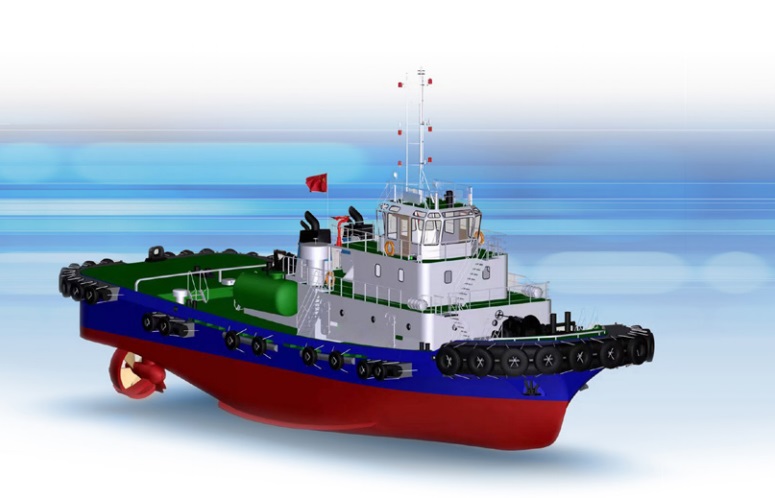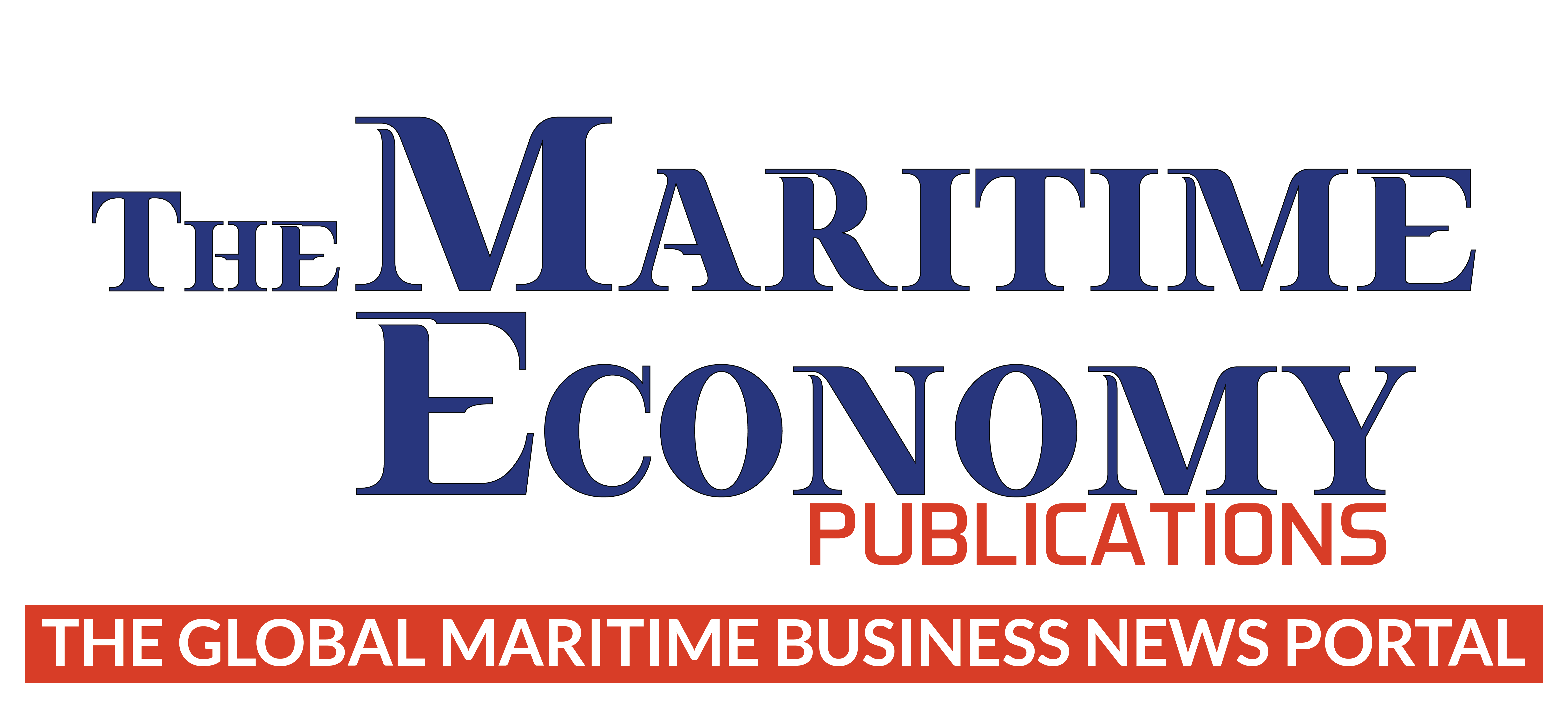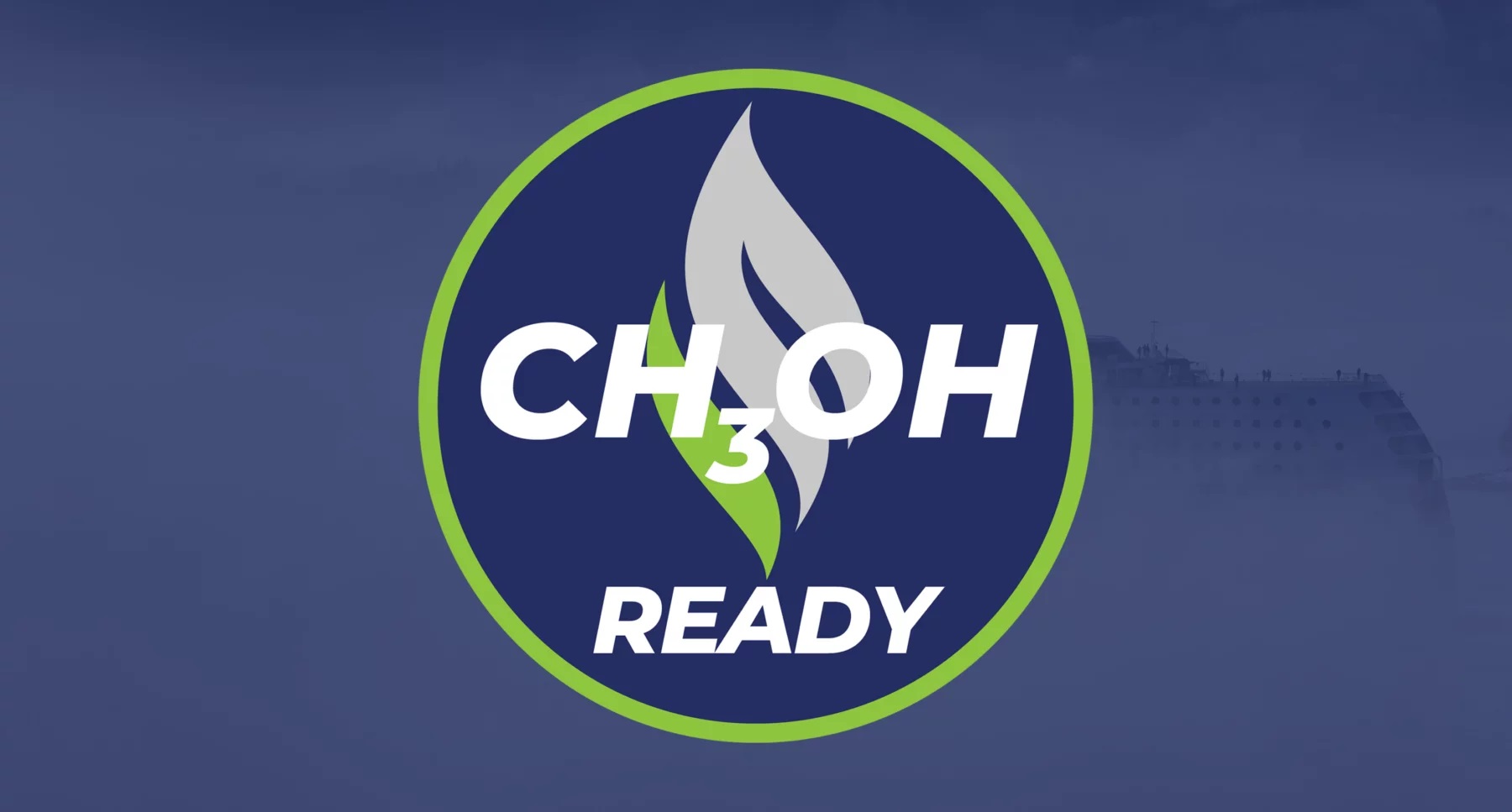The Application of Ammonia-Fuelled Ship Technology Reaches a New Level

Among numerous alternative fuels, ammonia as a zero-carbon fuel is considered one of the best solutions to greenhouse gas emissions reduction in the industry, thus becoming the focus.
Shortly, the research and development of ammonia fuel engines is in full swing. Many shipyards and shipowners are greatly promoting commercial operation of ammonia powered ships. In accordance with the 2022 zero emission pilot and demonstration project chart released by “Getting to Zero Coalition", the development projects related to ammonia fuel such as ship technology, fuel production, bunkering and infrastructure have increased significantly in recent years, and ammonia fuel is also quite favored by large ships.
Shanghai Merchant Ship Design and Research Institute (SDARI) and Dalian Shipbuilding Industry Co., Ltd.(DSIC) launched the conceptual design for the 180,000-ton ammonia-fuelled bulk carrier and 23,000 TEU ammonia-fuelled container ship in 2019, respectively. Jiangnan Shipyard (Group) Co., Ltd. also launched the conceptual design for 40,000 m3 ammonia-fuelled liquefied gas carrier in 2021. At the beginning of 2022, SDARI independently designed the first ammonia powered 7,000 CEU car carrier in China . In 2022, Singapore SDTR Marine Pte. Ltd .(SDTR), SDARI and CCS jointly formed a project team . In February 2023, CCS,SDTR and SDARI jointly released the first 85,000 DWT ammonia-fuelled bulk carrier and solved multiple technical difficulties in the application of ammonia fuel in the project development process. The ship type was successfully awarded AIP. The development of 85,000 DWT ammonia -fuelled bulk carrier is an important step for the company to achieve green and sustainable development.
.jpg)
Accordingly, CCS will give full play to its technical advantage, serve the development of the industry, and facilitate the development of new energy ship types and the application of new technologies. Considering the actual requirements of green and low-carbon transformation development of the industry, the requirements of relevant international rules and the latest research results, and according to the principles of safety, rationality and operability, CCS studied physicochemical characteristics of ammonia fuel, ship layout, fuel storage, bunkering and supply, safety monitoring, toxicity safety protection and preset technical requirements. In 2020, CCS carried out the “Research on the Technology of Applying Ammonia Fuel to Ships” around the safety, environmental protection and feasibility of ammonia fuel application technology in ships, and mastered key technologies of layout, storage, bunkering, supply and fire control of ammonia fuel ship. The Guidelines for Ships Using Ammonia Fuel (2022) specify the technical requirements for the safe application of ammonia fuel in ships, provide effective basis for ship design, plan approval, building and survey, and give important technical support for promoting and applying ammonia fuel to ships .
On November 1, 2021, CCS issued the first AIP certificate for ammonia fuelled VLCC design plan to COSCO Shipping Energy Transportation Co . , Ltd . , COSCO Shipping Heavy Industry Co., Ltd., and Marine Design and Research Institute of China. The project depends on the high-end shipping technology platform Joint Innovation Studio for Shipping Technology, which is co-built by COSCO and CCS, and relevant organizations jointly carry out the research and development of application ammonia fuel in VLCC. A lot of work has been done in terms of research and optimization of ship type parameters, overall layout, selection and layout of ammonia a fuel tanks, ammonia fuel system risk assessment and analysis .
The ship type in this project is based on the latest generation of 310,000-ton VLCC. Under the condition of ensuring the advancement of various performance indicators, the ammonia fuel main engine developed by MAN is used on the ship,and two 6,000 m3 Type C ammonia fuel tanks are equipped. The endurance meets the round voyage of the Middle East route.The successful research and development of the ship type provides technical support for market orders of zero-carbon fuel ships.
Based on the technical strength of all parties, CCS participates in project research and development on the platform of the Innovation Studio, and has made significant contributions in the research on the development trend of ammonia fuel, the applicability of standards, port and route of VLCC ship type, drawing review and risk assessment, so as to ensure the safe use of ammonia fuel. CCS contributes Chinese wisdom to the zero-carbon development of shipping industry.
In 2022, COSCO Shipping Heavy Industry Co., Ltd. took the lead and brought together domestic first-class research institutes, equipment manufacturers, shipyards, classification society and other partners to carry out the research project of “Special Research and Development and Demonstration Application of Ammonia-powered Dual fuel Engine and Supply System”, further pressing the acceleration button for the application of ammonia fuel in ships.
Through the scientific research project named “Research, Development, Demonstration and Application of Ammonia-powered Dual Fuel Engines and Supply Systems”, the ignition ceremony for the first ammonia diesel dual fuel performance testing machine and the AIP awarding ceremony for ammonia powered ship and ammonia supply system design were held synchronously online and offline in Shanghai and Dalian in October 2022. The issuance of AIP certificate marks a significant stage result of the research and development project and also represents that CCS enables the development of green shipping again by its high - quality technical support and professional services.
In recent years, CCS has actively responded to the actual demand of the industry for clean fuels such as ammonia and carried out lots of research work in the field of ammonia-fuelled ships, which provides the industry with recognized technical standards for the design and construction of ammonia-fuelled ships, and also provided a solid guarantee for the safety of ships and the waterborne application and development of clean energy.
Note: Article by China Classification Society

